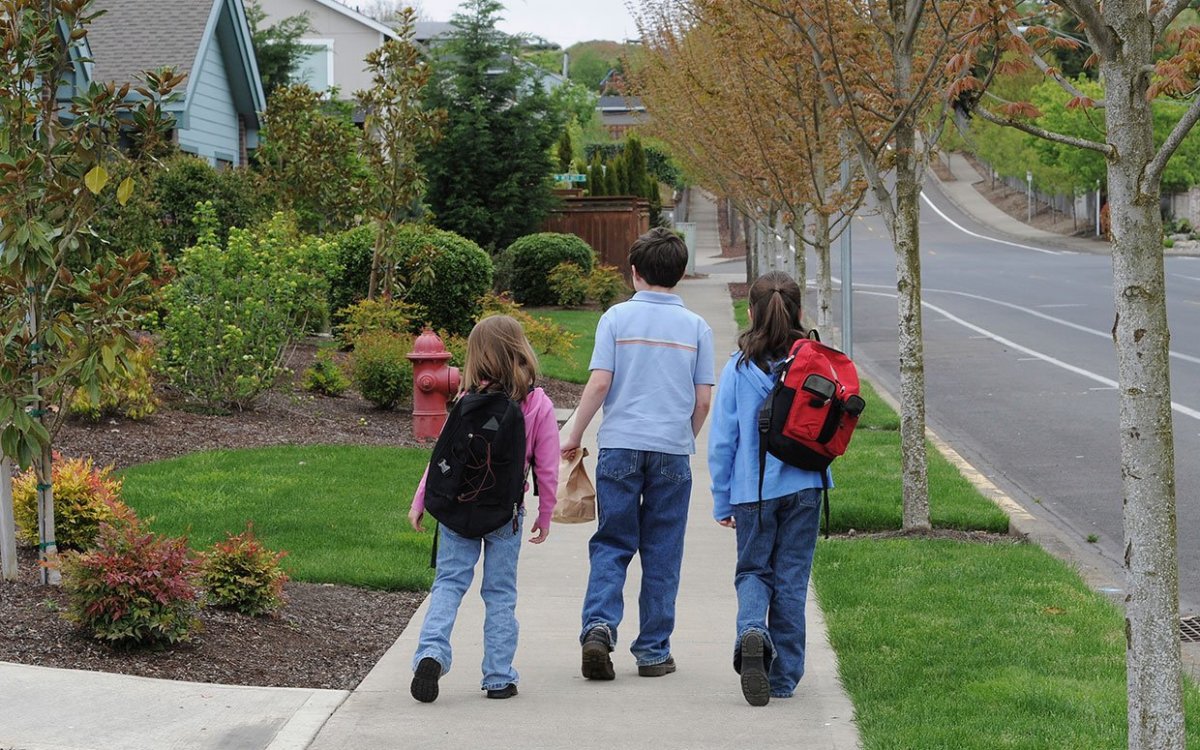Contents
Can I leave my 14-year-old son home alone?
As children grow older, parents often wonder when it’s appropriate to start leaving them home alone. For many, the age of 14 seems like a reasonable milestone. But is it truly safe and legal to leave a 14-year-old home alone? The answer depends on a combination of legal guidelines, your child’s maturity, and practical safety considerations. Let’s explore what you need to know before making this important decision.
Legal Considerations: What Does the Law Say?
One of the first concerns parents have is whether there are any legal restrictions on leaving a 14-year-old home alone. The laws vary widely depending on where you live:
-
United States: Only a handful of states specify a minimum age for leaving a child home alone. Illinois is the strictest, setting the minimum age at 14. Other states, such as Maryland (8 years old) and Oregon (10 years old), have lower age limits. However, the vast majority of states leave the decision to parental judgment, though authorities can intervene if a child is put at risk.
-
United Kingdom: There is no specific legal age, but it is an offense to leave a child alone if it places them at risk. The National Society for the Prevention of Cruelty to Children (NSPCC) advises that children under 12 are rarely mature enough to be left alone, and those under 16 should not be left overnight.
-
Other Countries: Laws and guidelines vary, so always check local regulations.
Even in places without a set legal age, parents can be investigated for neglect if something goes wrong while their child is home alone. It’s essential to know your local laws and use your best judgment.
Assessing Your Child’s Readiness
While age is a factor, maturity is far more important. Every child develops at their own pace, and some 14-year-olds may be ready for the responsibility, while others may not. Consider the following questions:
-
Is your child responsible? Do they follow rules, complete homework, and manage chores without constant reminders?
-
Can they handle emergencies? Does your child know what to do in case of fire, injury, or a power outage? Can they call you or emergency services if needed?
-
Are they comfortable being alone? Some teens enjoy independence, while others may feel anxious or lonely.
-
Do they know how to stay safe? Can they lock doors, avoid opening the door to strangers, and refrain from sharing their alone status on social media?
-
How long will they be alone? Short periods during the day are safer starting points. Overnight stays or long hours may be too much responsibility at first.
-
Are there trusted neighbors nearby? Having someone close who your child can turn to in an emergency is reassuring.
Preparing Your 14-Year-Old to Stay Home Alone
If you decide your child is ready, preparation is key. Here are some steps to ensure their safety and your peace of mind:
1. Establish Clear Rules and Expectations
Set boundaries about what your child can and cannot do while home alone. Discuss rules about having friends over, cooking, using appliances, and answering the door or phone.
2. Emergency Contacts and Procedures
Make sure your child knows how to reach you, another trusted adult, and emergency services. Post important phone numbers in a visible spot and review what to do in various situations, such as a fire or medical emergency.
3. Practice Scenarios
Role-play different situations your child might encounter, such as a stranger at the door or a minor injury. This helps build confidence and reinforces safety skills.
4. Start Small
Begin by leaving your child alone for short periods, perhaps while you run a quick errand. Gradually increase the duration as your child becomes more comfortable and responsible.
5. Check-In Regularly
Use phone calls or messaging apps to check in while you’re away. This reassures both you and your child.
6. Kitchen and Appliance Safety
Discuss what your child is allowed to cook or use in the kitchen. Teach them how to use the stove, microwave, and other appliances safely, and set limits if necessary.
Potential Risks and How to Address Them
Leaving a child home alone always involves some risk. Common concerns include:
-
Accidents and injuries: Make sure your child knows basic first aid and when to seek help.
-
Strangers at the door: Teach your child never to open the door to someone they don’t know.
-
Online safety: Remind your child not to post online that they are home alone.
-
Emotional well-being: Some children may feel lonely or scared. Encourage open communication about their feelings.
Conclusion: Trust Your Judgment
In most places, leaving a 14-year-old home alone is legally permissible, especially for short periods during the day. However, your child’s maturity, comfort level, and preparedness are crucial factors. Start gradually, communicate openly, and always err on the side of caution. With the right preparation, leaving your 14-year-old home alone can be a positive step toward independence and responsibility.




